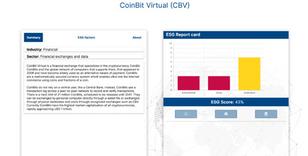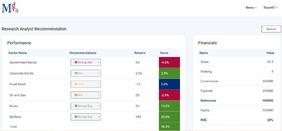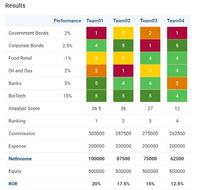Maximising the Benefits of Experiential Learning in Corporate Training Programmes
Didyouknow?
According to a survey by the Association for Talent Development (ATD), only 12% of learners apply skills learned in traditional trainingtotheirjobs.
A study by the Corporate Executive Board (CEB) found that employees who receive experiential learning are 2.5 times more likely to be high performers compared to those who receive traditionaltraining.


www.mdatraining.com/blog






Didyouknow?


According to a report by the Centre for Creative Leadership (CCL), 61% of millennials prefer experiential learning, while only 28% prefertraditionallecture-styletraining.
The process of Experience-Reflect-Learn is proven to help drive realbehaviouralchangeandimproveperformance. www.mdatraining.com/blog





AresearchstudyconductedbytheUniversityofWaterloofoundthat learners who engage in experiential learning are more likely to identify gaps in their knowledge and develop critical thinking skills.

Didyouknow?





According to a report by the Association for Talent Development, companiesthatoffercomprehensivetrainingprogrammeshavea 218% higher income per employee than those with less comprehensivetraining.





A study by the Corporate Executive Board found that experiential learning can lead to a 90% increase in the retention of knowledge comparedtotraditionallearningmethods

A survey conducted by PwC found that millennials, who make up a growingportionoftheworkforce,placeahighvalueonlearningand development opportunities when evaluating potential employers. In fact, 35% of millennials cited opportunities for personal developmentasatopfactorintheirjobdecisions.

